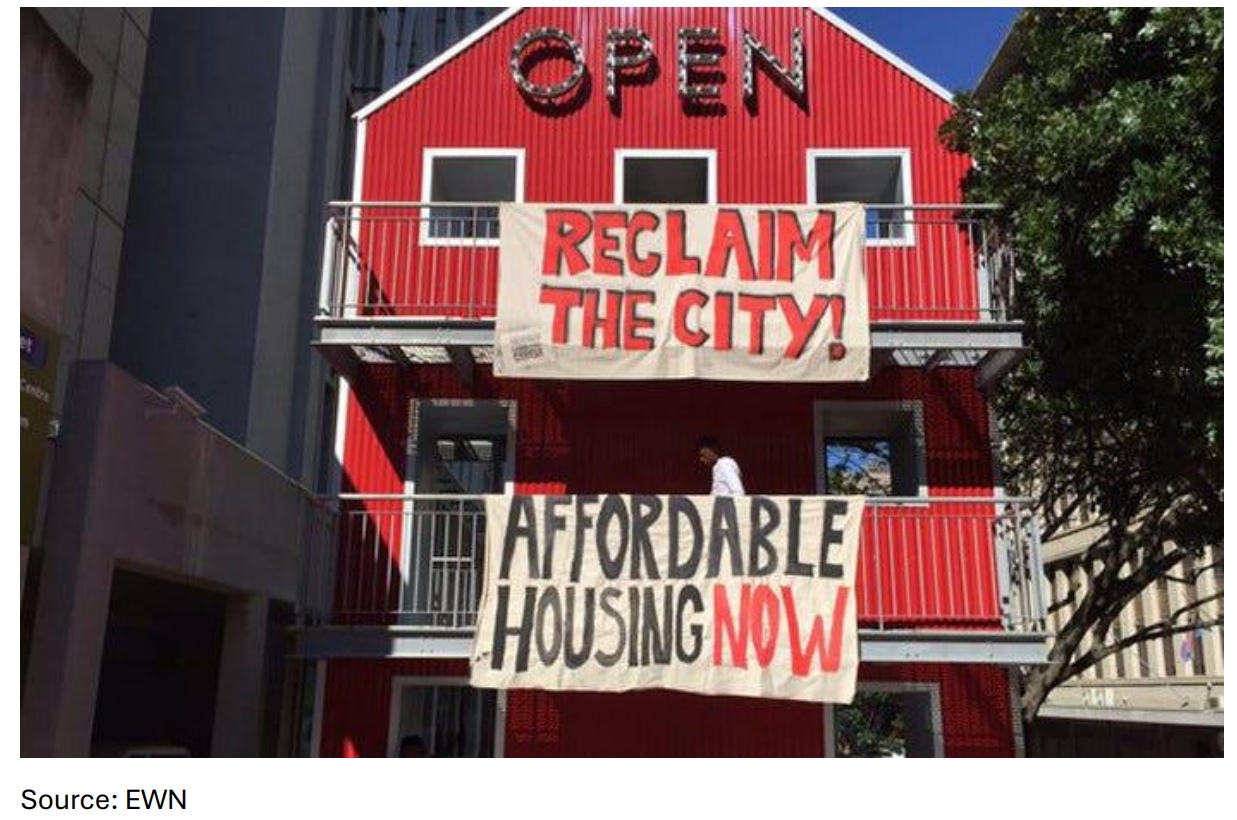The Perverse Effect of Inclusionary Housing Policy on Long-Run Affordability
Die Drol in die Drinkwater

This think-piece critiques Inclusionary Housing Policies (IHPs) in Cape Town, arguing that while they aim to support the "missing middle," they may unintentionally worsen long-term housing affordability by distorting market dynamics and raising prices for market-rate buyers. The author contrasts IHPs with the filtering effect -a natural process where older housing becomes more affordable over time. He uses local data to show that filtering can produce significantly more affordable units than IHPs, which apply only to a small fraction of new developments. Moreover, the author contends that market-driven mechanisms like filtering may offer more sustainable and equitable solutions than regulatory mandates, even though filtering remains ideologically unpopular in South African policy circles.
Abstract based on original source.


Comments